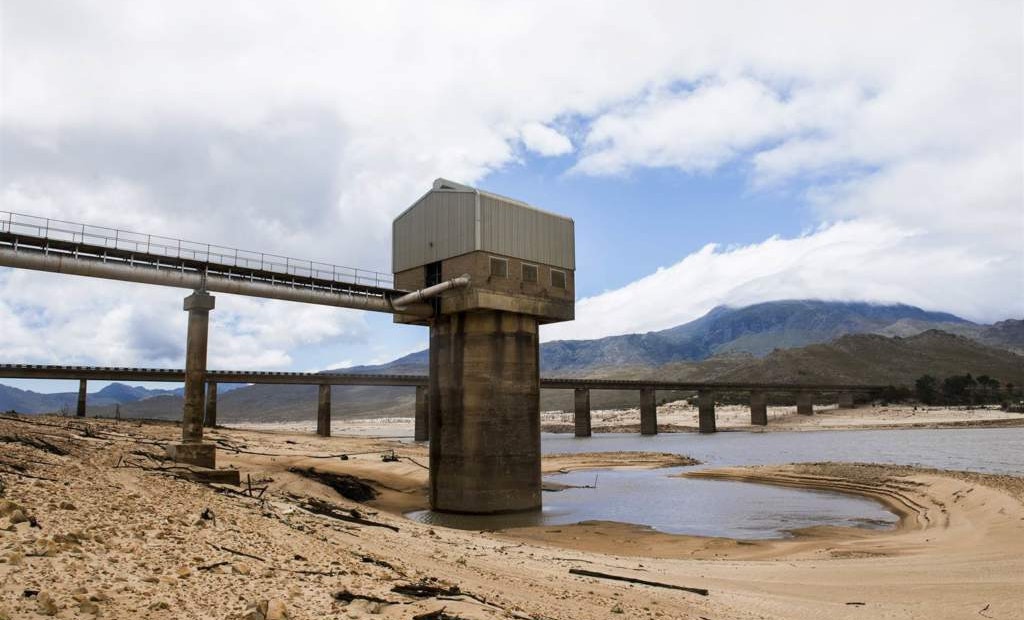Since Municipal Sewer & Water first reported on Cape Town, Africa’s “Day Zero” crisis in January, the city’s dams are trending back toward levels from three years ago thanks to seasonal rains.
Recent readings of the dams showed them at 42.7 percent full after experiencing a 4.6-percent increase in the last week. The dams are 10 percent lower right now than they were at the same time in 2015. At this time in 2014, however, they were at 94.2 percent full.
While rainfall in most catchment areas is still below the long-term average for the month and fears of a dry future for Cape Town are still very real, it appears the short-term problem is over. Officials are even talking about ending the 50-liter limit on water use soon. “While we hope at some point in the near future to be in a position to relax these restrictions‚ we cannot afford to return to our previous levels of consumption‚” Deputy Mayor Ian Neilson recently told Times Live.
Although Neilson hopes to be able to relax restrictions, he made it clear at the Water Institute of Southern Africa conference that the city can’t continue its previous levels of water use. “We need to accept that the days of plentiful water supply in Cape Town may very well be over,” he said in a prepared speech.
Dam levels were a mere 7 percent away from catastrophe in the city earlier this year. Currently, Cape Town’s Day Zero — the day at which it is projected to be forced to turn off water service — is projected to be sometime in 2019. "With the recent good rainfall received in June, we have seen a steady increase in our dam levels, but we are by no means out of the woods yet,” Neilson said at the WISA conference.






